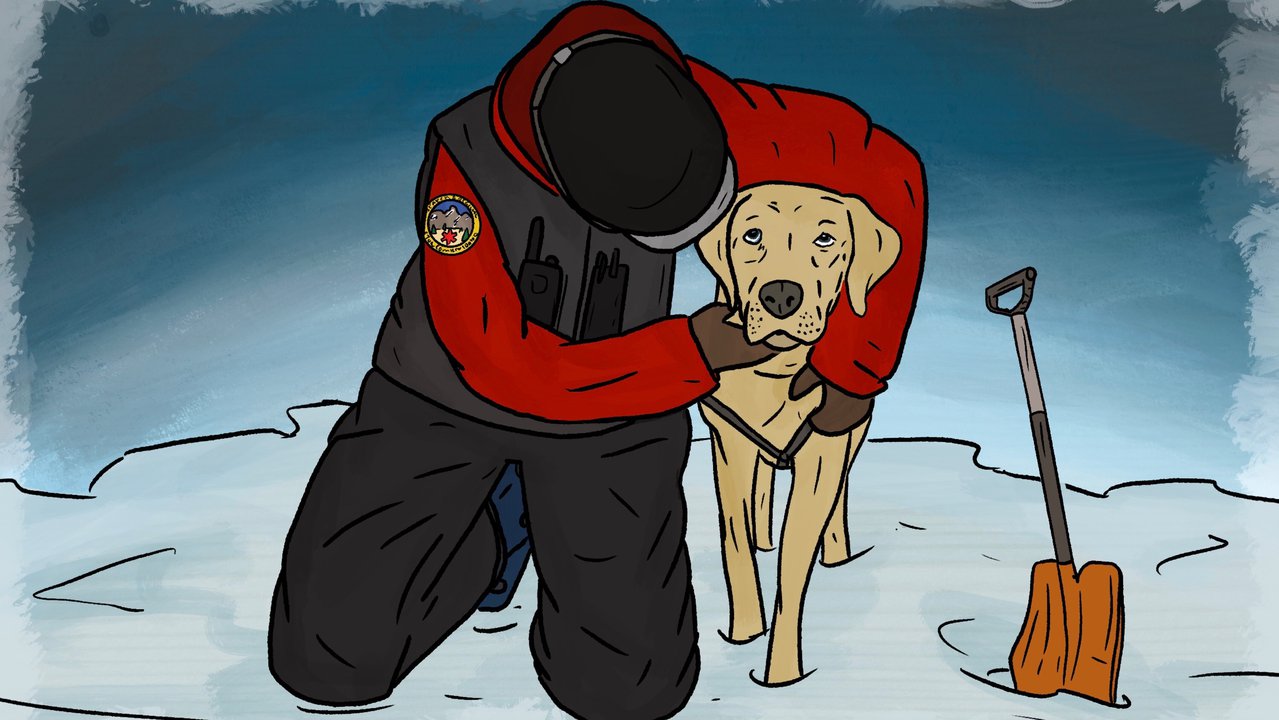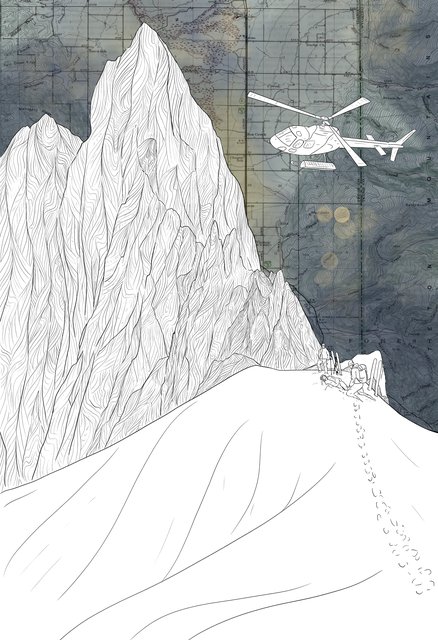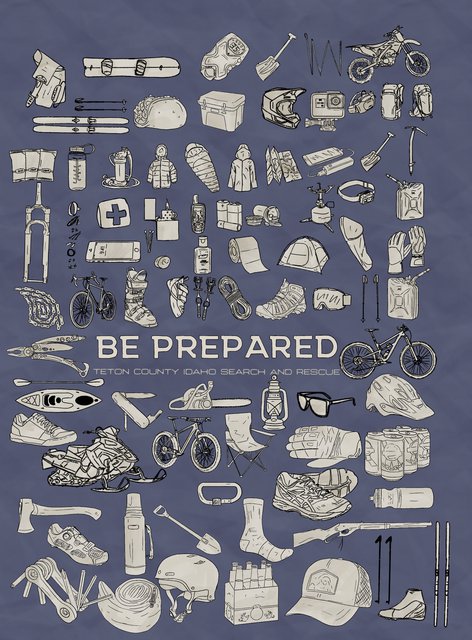Unfortunately, its a little trickier than that.
But sometimes, accidents happen, and theres nothing we can do ahead of time to forestall them.
So, heres what to do when things go sideways.

Leave a plan
Make a plan, leave a plan.
Where are you parking?
Who are you going with?

When should you be home?
When should someone call for help if youre not home?
Leave this with someone responsible, with explicit instructions for the hierarchy of folks to contact.

Searches and rescues are two different things.
And, generally, searches suck way more for everyone involved.
Searches are conducted when someone is missing.
Rescues are conducted when first responders know where you are, but youre in trouble.
Searches often take days, and it takes a long time to assemble the resources needed for them.
They require more manpower, K9s, and other assets.
Knowing where you are is relatively easy.
Communicating it is more difficult.
An InReach or similar satellite messaging equipment goes a long way towards making sure youre always connected.
The new Iphone also has this capability, but its unclear how good their satellite coverage is right now.
But, youre cheap, you dont want to shell out for an InReach, I get it.
I dont own one either.
Most popular mapping apps have an overlay for phone service, from different providers.
Often you just need to climb a ridge or go down the drainage a little further to get coverage.
Using those overlays will give you that info.
On that note: your phone is an incredibly valuable tool.
Learn how to download maps to use in airplane mode, and use them.
Theyll help rescuers and will help you avoid needing to call rescuers.
Call with a plan
Calling 911 isnt a trivial matter.
So have a plan before you call or text 911.
The barest bones are location and issue.
When you call 911, a combination of factors affect where your call actually goes.
Ideally, it goes to the county dispatcher for the county youre in.
So, knowing your exact coordinates will help the dispatcher you reach initially determine where to route your call.
Knowing what county youre actually in can help speed up this process.
Pick up your phone.
Talk to whoever is calling you.
Even if youre already answered those same questions.
This interview is very important.
Dont ignore unknown numbers.
It takes a while to get a rescue moving.
And sure, sometimes thats true.
But its not always the case.
So, sometimes well have folks geared up and ready in 15 minutes.
Other times, it can take hours to get a team together.
Thats just the reality of being on a volunteer SAR team.
And then, once that team is ready, they still have to get to you.
Sure, sometimes its sunny and calm and the helicopter can whisk you out.
But usually, when things go wrong, the weather isnt great.
So budget the time it took you to get where you are, plus at least an hour.
Call 911 before you absolutely need it, get help moving before things get dire.
But SAR teams arent your mom, and they cant fix everything with a kiss.
So be prepared to help them help you.
Often, SAR teams around here are responding to folks who are stuck.
Skiers or snowmobilers who went down something they cant get back up.
But, if thats you, youre still going to have to hike back up.
And the more you could climb before rescuers reach you, the better off youll be when they do.